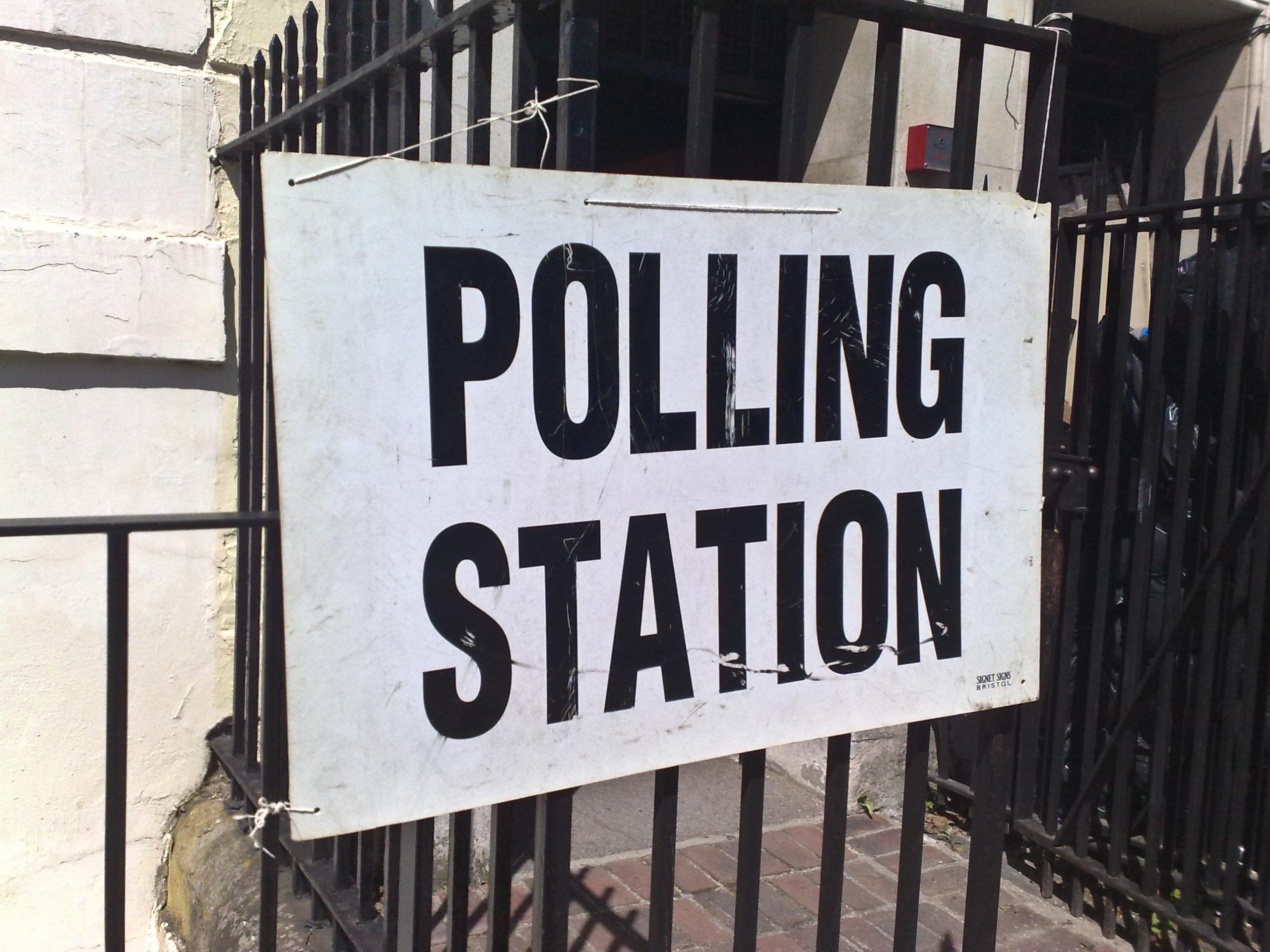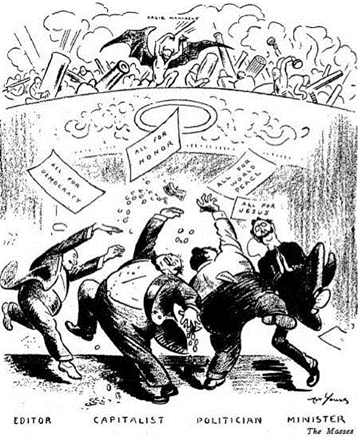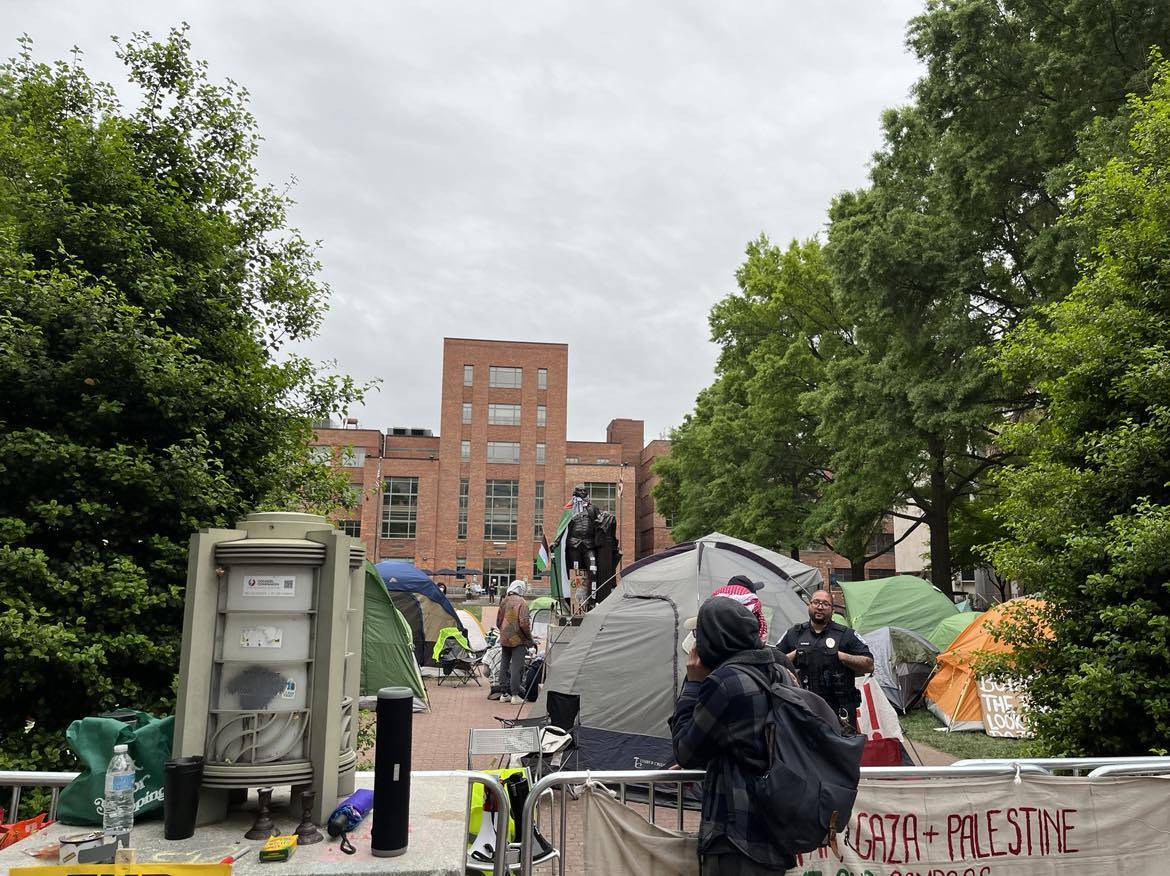The Royal College of Nursing (RNC) has voted yesterday in favour of the motion that “this meeting of Congress calls upon the RCN Council to lobby governments across the UK to decriminalise prostitution.”
Nurse Lou Cahill, who spoke to the motion commented:
“I am proud that nurses today voted to support the decriminalisation of sex work. As nursing staff, we have a responsibility to call for what is in the best interests of public health and the patients who entrust us with their care. Nurses rightly chose to follow the evidence which shows that criminalisation undermines sex workers’ health and welfare.
Decriminalisation would mean that sex workers can better negotiate safer sex. HIV risk and other vulnerabilities can be greatly reduced. Lending our voice to support a stigmatised and marginalised group was not only the right thing to do but will lead to improved health outcomes. Sexual exploitation and/or trafficking of persons will remain illegal.”
Cari Mitchell, spokeswoman for the English Collective of Prostitutes (ECP), and a former nurse, commented:
“We commend the RCN for its support for decriminalisation of sex work and look forward to continuing our work with them to improve sex workers’ safety and health.”
There are approximately 72,800 sex workers in the UK, and 88% are women. Most sex workers are mothers working to support families. Austerity cuts, 86% of which have fallen on women, have increased prostitution as more women, particularly single mothers, are turning to sex work to feed their families.
The ECP’s #MakeAllWomenSafe campaign highlights the injustice of the laws which prevent women working together for safety. Women are forced to choose between possible arrest and keeping themselves safe or avoiding a criminal record and putting themselves in danger.
A government petition calls on the UK government to “promote safety by implementing the 2017 Home Affairs Committee recommendation to introduce legislation to decriminalise sex workers working on the street and together in premises.”
Decriminalisation was introduced in New Zealand in 2003 and has improved sex workers safety and health. Over 90% said they had legal, health and safety rights; 64.8% found it easier to refuse clients – a key marker of exploitation – and 70% were more likely to report incidents of violence to the police.
Decriminalisation is supported by organisations such as Amnesty International which, in a report released in May 2016, commented that criminalisation of prostitution “threatens the rights to health, non-discrimination, equality, privacy, and security” of a sex worker.
Photo: English Collective of Prostitutes FB page.








